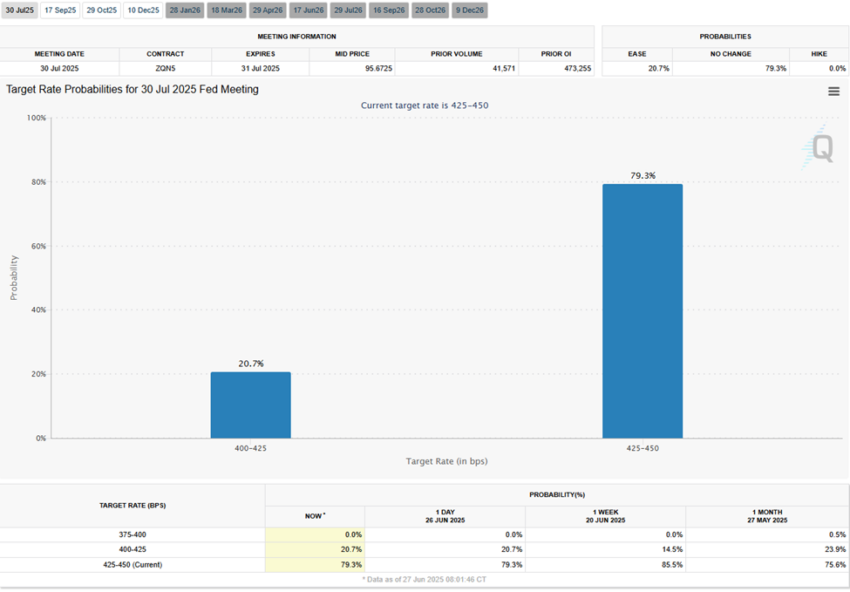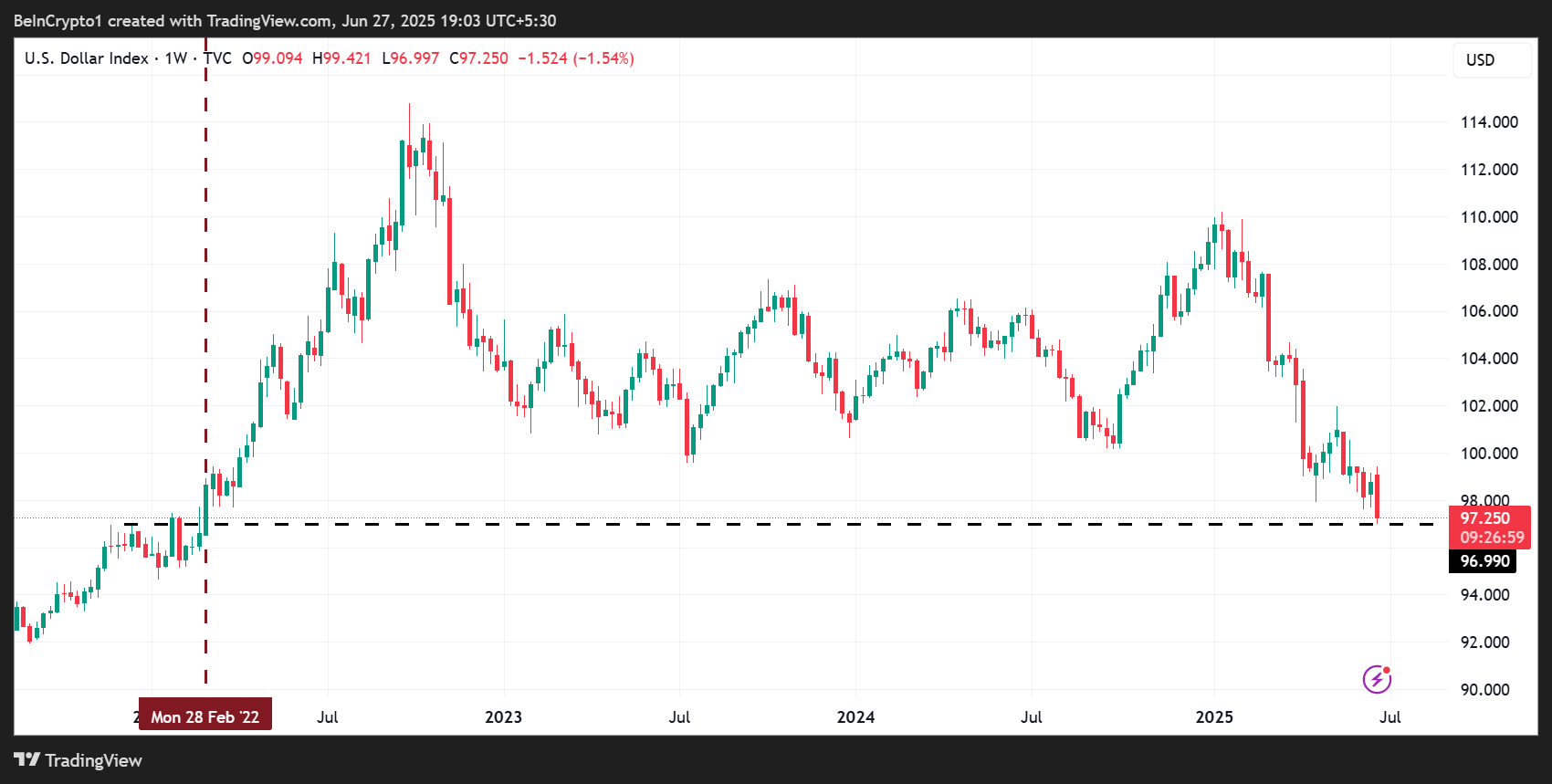In the ever-evolving landscape of technology, few stories are as striking as that of Nvidia (NASDAQ: NVDA) and its visionary CEO, Jensen Huang. With the semiconductor giant’s stock soaring, Huang’s personal wealth has skyrocketed, positioning him among the world’s wealthiest individuals. As of October 7, 2024, Huang holds a staggering 861 million NVDA shares, each valued at $124.29, translating his net worth to approximately $107 billion. This monumental figure underscores how Nvidia’s ascent has not only enriched investors but also catapulted Huang to financial heights surpassing some of his corporate rivals.
Nvidia vs. Intel – A Wealth Disparity
Huang’s net worth eclipses that of Intel (NASDAQ: INTC), whose market capitalization recently plummeted to $96.59 billion amid severe challenges. The contrast between Nvidia and Intel illustrates a broader trend within the semiconductor industry, where competition is fierce and market dynamics shift rapidly. As Nvidia continues to thrive, Huang’s wealth grows, raising an intriguing question: Could his net worth soon surpass the valuations of all Nvidia’s rivals?
The AMD Challenge
While Huang’s wealth is monumental, it faces a significant hurdle in the form of Advanced Micro Devices (NASDAQ: AMD). AMD shares, priced at $170.95, contribute to a market valuation of $276.59 billion—a figure that dwarfs Intel’s. For Huang’s net worth to eclipse AMD’s valuation, Nvidia stock would need to surge by an astonishing 158%, pushing its market cap from $3.064 trillion to $7.9 trillion. Such growth would require Nvidia to achieve unprecedented heights in a relatively short timeframe.
Is a $276 Billion Net Worth Possible?
Though the idea of Huang reaching a net worth of $276 billion may seem far-fetched, the trajectory of corporate valuations suggests that extraordinary growth is not impossible. In just over a decade, the landscape has shifted dramatically. For instance, it took only 12 years from the emergence of the first $100 billion company, General Electric (NYSE: GE), in 1995, to the birth of the first $1 trillion firm, PetroChina (SHA: 601857), in 2007. As of 2024, seven corporations have reached the trillion-dollar mark, signaling a trend toward accelerated growth.
Nvidia’s recent resurgence is fueled by soaring demand for its products, particularly the Blackwell chip, which Huang described as generating “insane” interest. Moreover, the company’s ambitious plans to revolutionize artificial intelligence (AI) infrastructure with new innovations each year present a lucrative avenue for future growth. If successful, these advancements could reduce costs for AI-driven companies by two to three times annually, providing Nvidia shares with a robust path for expansion.
Despite this optimistic outlook, Nvidia’s growth is far from guaranteed. Experts caution that the stock may already be overvalued, and the potential bursting of the AI bubble looms large. Investors remain wary of market fluctuations, and any missteps in Nvidia’s ambitious plans could lead to significant repercussions for both the company and Huang’s wealth.
Also Read: Nvidia’s Valuation Surge – 77% Of Employees Are Millionaires—Is The Tech Stock At Its Peak?
The last twelve months have been nothing short of remarkable for Nvidia, with stock prices soaring 174.49% to reach $124.29. Huang’s personal wealth reflects this explosive growth and highlights the transformative power of innovation in technology. While challenges remain, the potential for Nvidia to continue its ascent in the semiconductor landscape—and for Huang to further increase his already staggering wealth—remains a captivating narrative to watch. The intersection of technology, finance, and visionary leadership continues to redefine the parameters of success in today’s fast-paced market.






